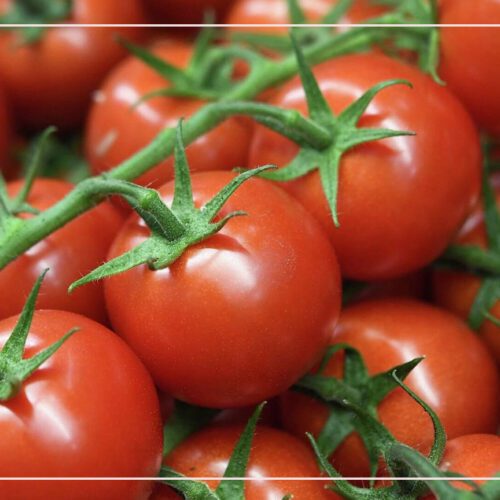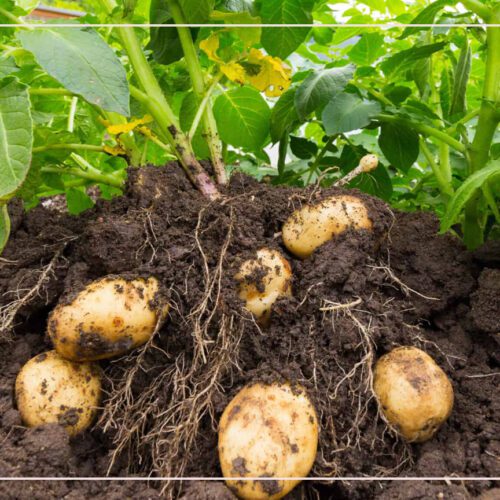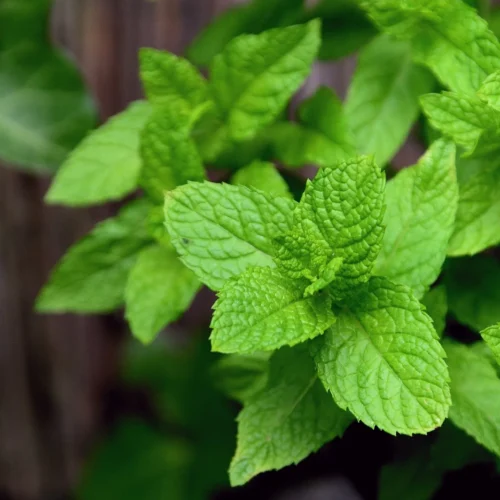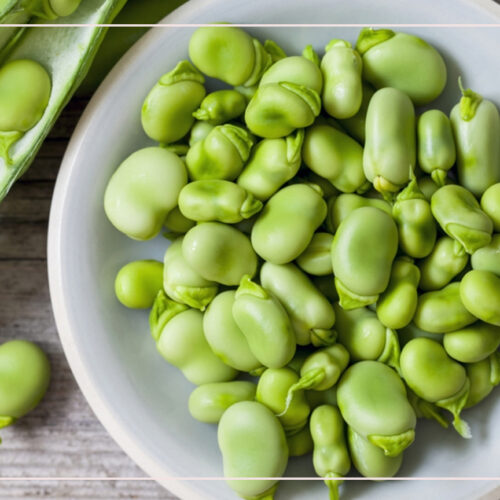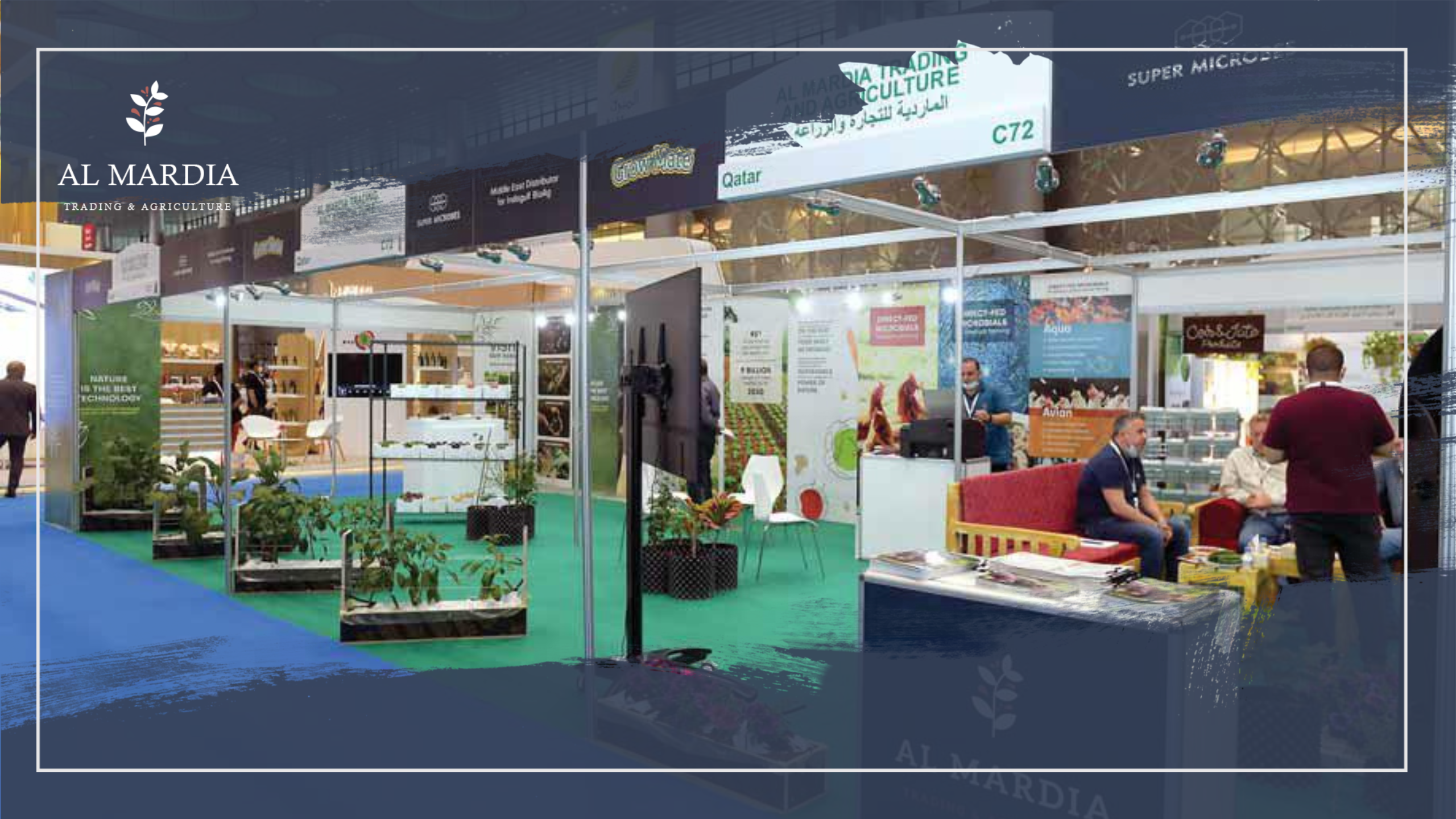
Almardia: beneficial bacteria will revolutionize clean agriculture in Qatar
The chairman of Almardia’s board of directors confirmed that “relying on beneficial bacteria will revolutionize clean agriculture in Qatar if its use is widespread. This is because it restores soil vitality, fertility, sustainability, conserves water, and produces safe high-quality organic products that don’t use chemicals.”
Regarding its economic cost, Sheikh Faisal bin Hamad bin Jassim Al Thani explained that “it is less expensive than other types of agriculture. It only requires one liter per crop cycle for every 500 square meters of land – i.e., half a dunam. There are also other beneficial bacteria that provide plants with the necessary elements based on the nature and type of agriculture.”
As for the role of beneficial bacteria and how to benefit from them in the animal production sector, the chairman of Almardia’s board of directors confirmed that “these beneficial bacteria are also used as feed additives, added to feed for 5,000 birds four times per crop cycle, doubling production. These materials are also used in sewage, industrial, and environmental fields.”
Sheikh Faisal bin Hamad bin Jassim Al Thani says that “microorganisms are of great importance in agriculture and animal production as they act as a powerful biological fertilizer for agricultural land and plants, reducing the use of fertilizers and agricultural chemicals. They increase the fertility of agricultural soil, improve its physical properties, and maintain its natural structure. They also provide plants with the necessary growth requirements to increase production and secrete antibiotic agents that inhibit harmful microbes in the soil, especially in the root zone.
They also work to increase the weight of fattening animals by improving their digestion efficiency and metabolic rate, increasing milk quantities in dairy animals, egg numbers, and hardness in poultry, and reducing losses in rabbit and fish farms, and increasing animal immunity.
Read the whole article via
76 نوعا من البكتيريا النافعة تحدث ثورة زراعية إنتاجية بقطر

